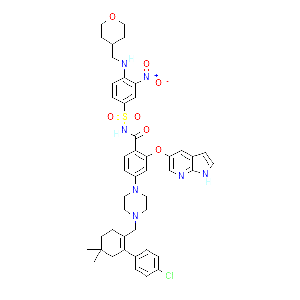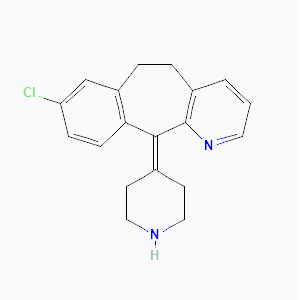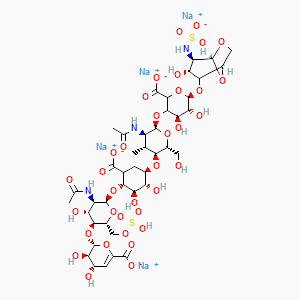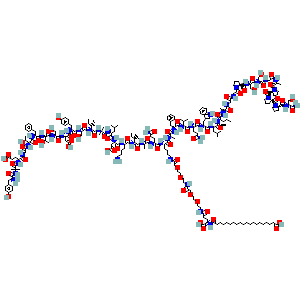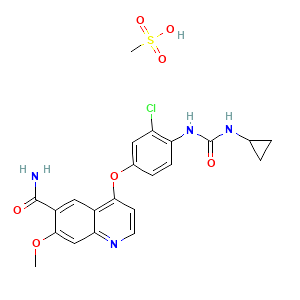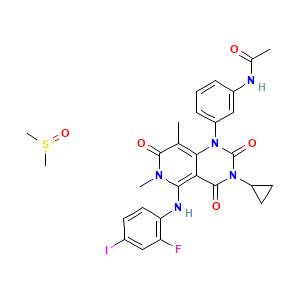Mechanism Of Action:
Venetoclax is the first-in-class BCL-2 inhibitor designed to restore apoptosis (programmed cell death) in cancer cells. By directly targeting the BCL-2 protein—which normally prevents cell death—venetoclax helps break the survival advantage that many hematologic malignancies, such as acute myeloid leukemia (AML), rely on. Preclinical studies have confirmed its ability to block cancer cell proliferation and boost cell death.
Indication:
Chronic Lymphocytic Leukemia (CLL) / Small Lymphocytic Lymphoma (SLL)
Overview:
CLL and SLL are closely related disorders that primarily affect lymphocytes, a type of white blood cell. Both conditions are managed using similar treatment strategies tailored to the stage and specific characteristics of the disease.
Treatment Options:
A key treatment strategy is the combination of venetoclax with ibrutinib, a Bruton’s tyrosine kinase (BTK) inhibitor. Ibrutinib interferes with survival and proliferation signals in malignant lymphocytes, while venetoclax directly promotes cancer cell death by inhibiting BCL-2. Together, these drugs provide a synergistic effect that enhances treatment outcomes for patients with symptomatic CLL/SLL.
Acute Myeloid Leukemia (AML)
Venetoclax is also used to treat newly diagnosed AML, particularly in patients who cannot undergo intensive chemotherapy. In patients aged 75 or older, or in those with significant comorbidities, venetoclax is combined with agents like azacitidine, decitabine, or low-dose cytarabine. This tailored, combination approach offers a less intense yet effective treatment option compared to standard high-dose induction chemotherapy.

